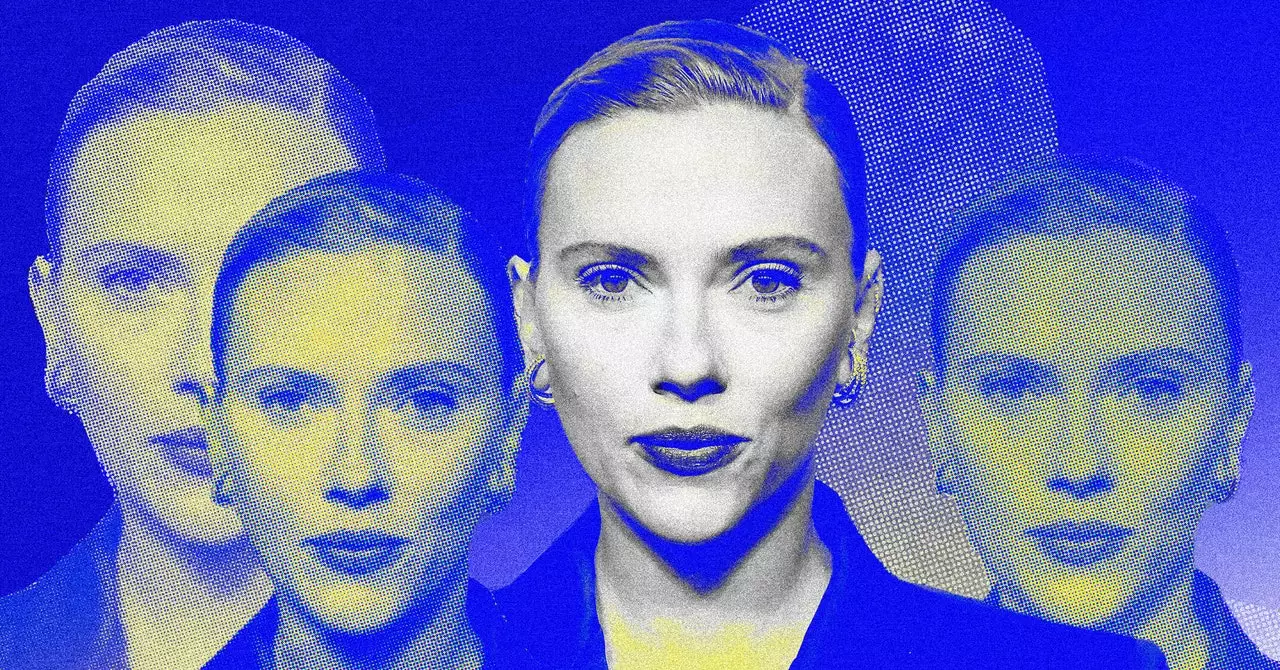OpenAI’s recent use of sound-alike technology to develop a chatbot voice has sparked debates among legal experts regarding the boundaries of impersonation and imitation. While some argue that the superficial similarity between the generated voice and that of a celebrity like Scarlett Johansson may not be enough to warrant a right-of-publicity claim, others question the ethical implications of such technology. It remains uncertain how the legal system would address such cases, especially considering the absence of federal right-of-publicity laws in the United States.
The one-word post on social media by Sam Altman, co-founder of OpenAI, has raised eyebrows and fueled speculations about the company’s intentions. The reference to a movie featuring Scarlett Johansson’s voice coupled with Johansson’s revelation that she was approached by OpenAI for voice recording further complicates the narrative. The public perception of OpenAI’s actions as a deliberate attempt to mimic Johansson’s voice for publicity purposes may tarnish the company’s reputation in the long run.
Legal experts and industry professionals alike have criticized OpenAI’s decision to pursue a sound-alike technology without clear consent or ethical standards. The use of celebrity likenesses for commercial purposes raises questions about privacy, intellectual property rights, and the responsible use of artificial intelligence. The music industry professor David Herlihy describes the situation as a “boneheaded move,” highlighting the importance of transparency and accountability in technological advancements.
Implications for Future AI Developments
The controversy surrounding OpenAI’s sound-alike technology serves as a cautionary tale for the AI industry as a whole. As artificial intelligence becomes more advanced and capable of replicating human voices and behaviors, companies must prioritize ethical guidelines and legal compliance. The potential for misuse and exploitation of sound-alike technologies underscores the need for greater scrutiny and regulation in the development and deployment of AI applications.
OpenAI’s use of sound-alike technology to create a chatbot voice has raised significant concerns among legal experts, industry professionals, and the general public. The lack of clarity regarding impersonation laws, coupled with the company’s questionable actions and intentions, highlights the need for stronger ethical standards and regulatory frameworks in the AI industry. Moving forward, companies must prioritize transparency, consent, and responsibility in their use of artificial intelligence to avoid similar controversies and repercussions.


Leave a Reply